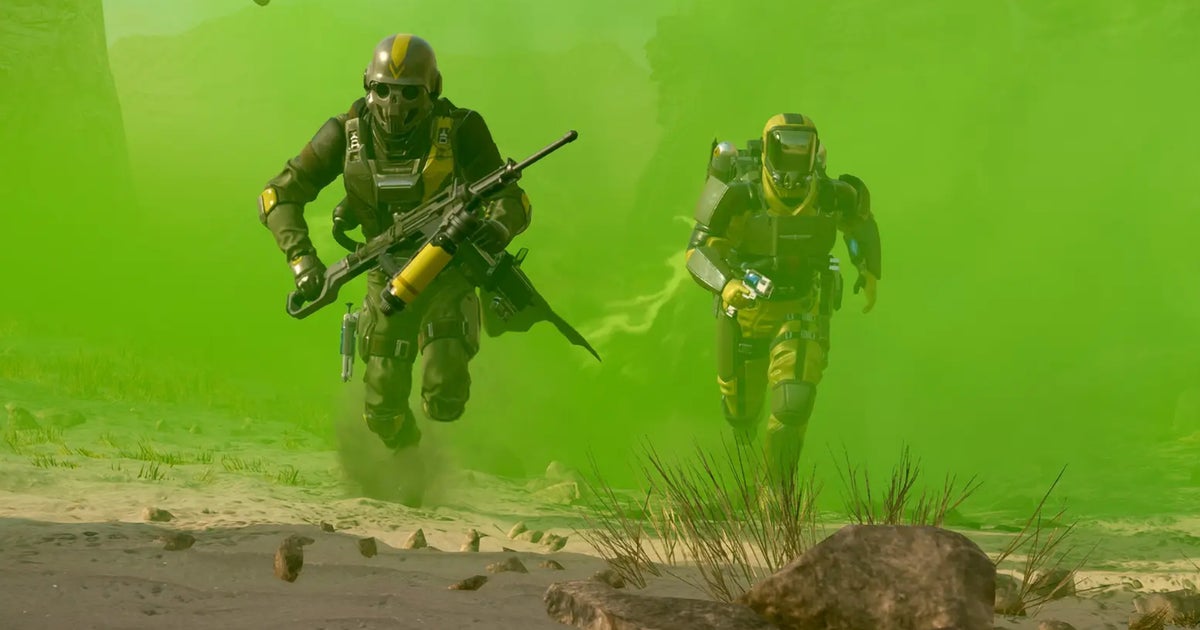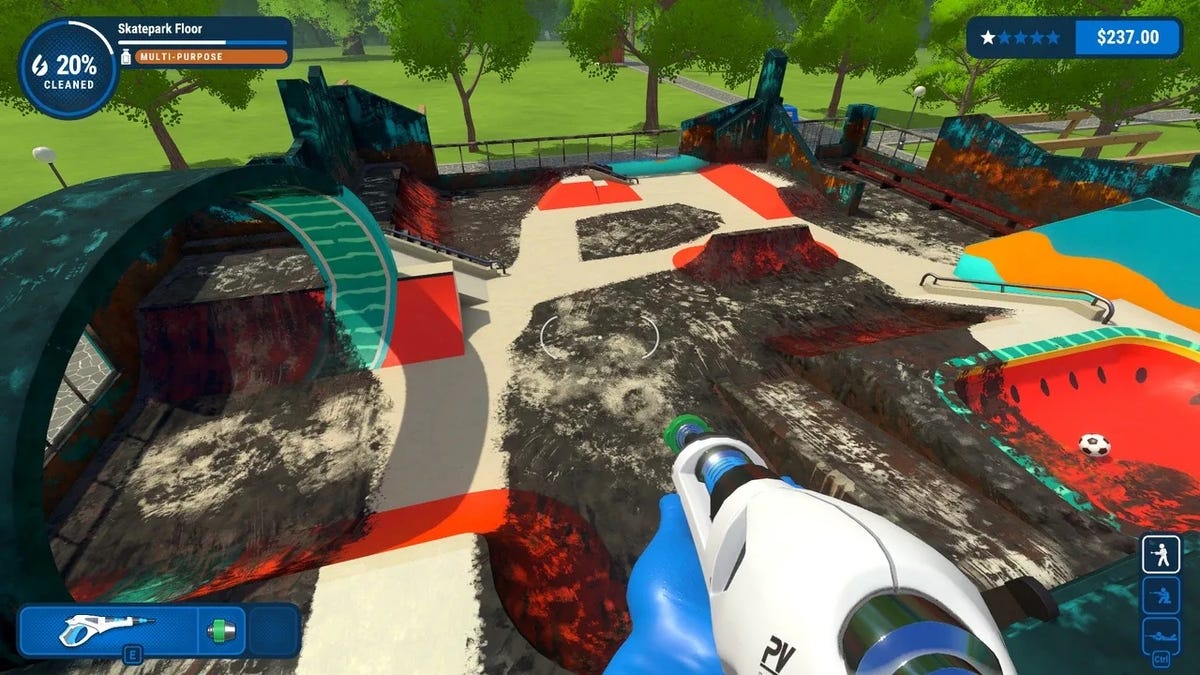The war in Ukraine developed a bloody siege. The United Nations report after 26 days of fighting more than 3.5 million refugees have fled the country. A quarter of Ukraine’s 44 million people have been displaced, forced from their homes by the unprovoked Russian invasion. Outside the country, game developers are doing what they can to help people get out alive. In Ukraine, they leave their jobs to volunteer with their neighbors.
Last week, Polygon spoke to Viktorija Trofimova, CEO of the Lithuania-based company north current. The Ukrainian-born executive employs more than 120 people across two studios in Ukraine, one in downtown Dnipro and one in the coastal city of Odessa. So far, she has helped 18 employees flee the country by providing transportation, temporary housing and employment for them and at least 23 family members and friends. Primarily women and children, their ages range from infants to the elderly. More are expected to make their way to the company’s headquarters in Vilnius, Lithuania, as Russian forces advance further north and west.
“The situation varies greatly from city to city,” Trofimova said. “Our two studios in Odessa and Dnipro have not been directly affected or hit. Both cities were relatively quiet; Dnipro is calmer than Odessa.”
The resort city of Odessa, which lies on the northern shore of the Black Sea, was greatly strengthened in the last few weeks. A city known for its cultural hubs and vibrant nightlife is said to be brimming with anti-tank defenses. To the east, Ukrainians see the coastal city of Mariupol as a dire warning. It was completely encircled by Russian forces, with 80% of its buildings destroyed by shelling. Reports seem to indicate they are civilians forcibly detained and shipped to mainland Russia without their passports. Russian warships, including amphibious landing craft, were seen offshore. NPR reports that small Russian amphibious assault squads were repelled.
“Odessa has seen more bombings,” Trofimova said, “but there isn’t any activity on the ground like you see in Kyiv or Kharkiv. The studios work to a certain extent. people work. However, this varies from day to day and is definitely not regular or normal. In Odessa there is always this threat that [the] The next day there will be some kind of direct attack and it has been like this since day one.”
Meanwhile, in the Ukrainian capital of Kyiv, the normal day-to-day business of volunteering has given way.
“Kyiv suburbs are a total war zone,” Yaroslav Singaevskiy, Lead Game Designer at Red Strike, Polygon announced via email. “The central and western parts of our country are relatively safe (Russia can still use missiles anywhere).”
“For our team, the real work is the game developers [is] still a secondary priority,” he continued, “because our main efforts have been aimed at defense needs – mostly volunteerism. We still hope so [the] The war could end in weeks, not months, and we are making every effort to do so.”
Wael Amr, CEO of the Kyiv-based developer frog goodsis a little less hopeful.
“The city is holding strong, but when you look at what the Russians have done to places like Mariupol, it’s staggering,” he told Polygon in an email. “They struck just this weekend a big mall in the heart of Kyiv with long-range cruise missiles. A target devoid of any military value. More of an attempt to try [to] People are starving and breaking. […] We are also seeing early signs of what might be called [post-traumatic stress disorder] among some of our team who have fled the worst-hit regions.”
Humanitarian aid continues to flow into the country, and other game developers around the world are doing what they can to support the people of Ukraine. On Monday, Polygon reported that two game packages – the Ukraine Humble Bundle, and a bundle on itch.io — had collectively raised more than $17 million. Epic Games, Makers of Fourteen dayssays it raised more than $36 million.
That’s a lot of money, but compared to the destruction of the country, it’s a drop in the ocean. A Ukrainian official estimated a few weeks ago that the Russian invasion had caused it $100 billion in damaged infrastructure alone.








